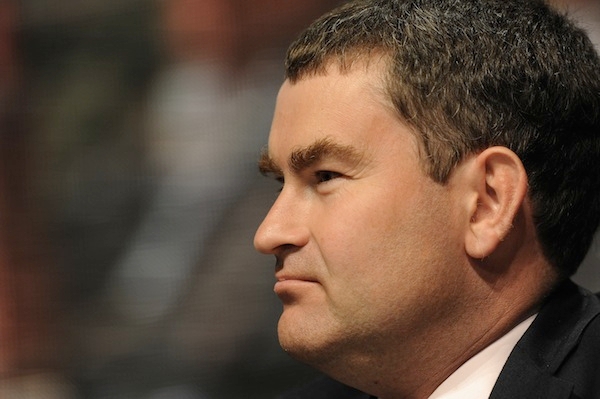This election is going to be particularly discombobulating for the ex-Tory MPs who are now independents. Even though all three of them – David Gauke, Anne Milton and Dominic Grieve – have been through at least four elections each (Grieve has been an MP since 1997, while Gauke and Milton were elected in 2005), this is the first time they are standing without the help of a party apparatus.
For Grieve and Gauke, this is the first time they will be fighting the sort of election campaign that their colleagues in marginal seats are perfectly used to: one full of uncertainty, very long hours, and never quite enough money, local support or sleep.
Philip Hammond yesterday announced he wouldn’t be standing in his Runnymede and Weybridge seat because it would be a ‘direct challenge’ to his old party, which refused to restore the whip to him. But it also means he doesn’t have to learn how to run one of these intense marginal campaigns in the space of just a few weeks. Gauke hasn’t yet confirmed whether he will be standing again. Grieve is standing, and the Liberal Democrats have said they won’t run a candidate against him, which will help. Milton was asked by the Tory chief whip whether she wanted to appeal against the decision not to restore the whip to her, and decided not to, announcing yesterday that she will be an independent candidate. She is the only candidate who has had an experience of a marginal fight: she won her seat from the Liberal Democrats in 2005 with a majority of 347.
Meanwhile, I understand from fellow MPs and those working with both Grieve and Gauke that they have been rather shocked by the difference between a safe seat campaign, where your majority is such that your local party tends to do what work is necessary, while you go to help candidates in other seats, and the grind of a marginal one. Winning as an independent is hard enough in the current system, but it will be tougher still for those who haven’t got the experience of the hurly-burly of a close-fought local campaign.







Comments